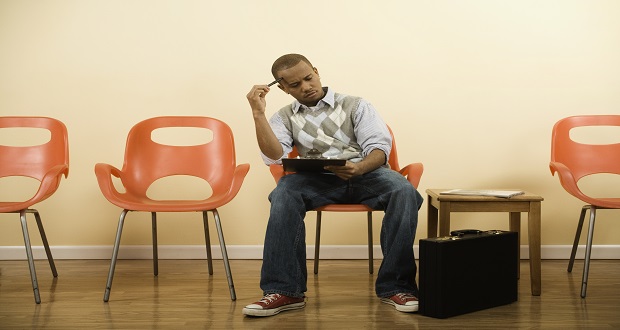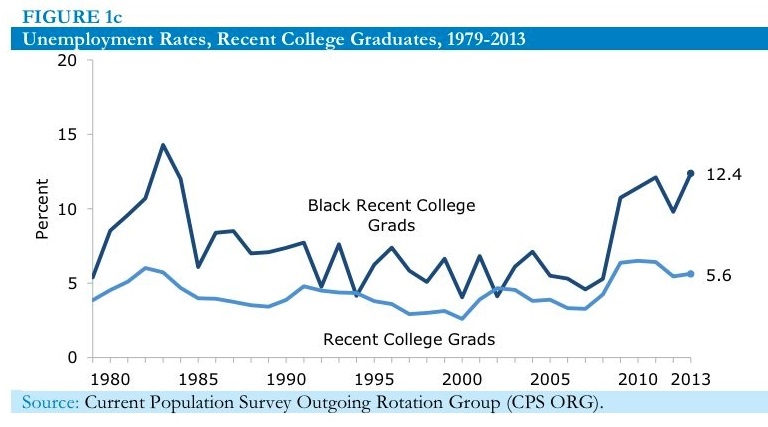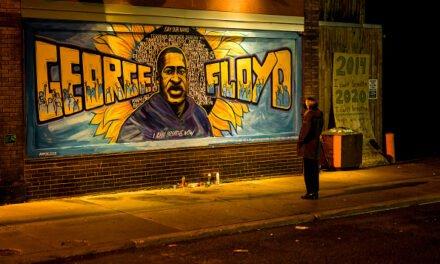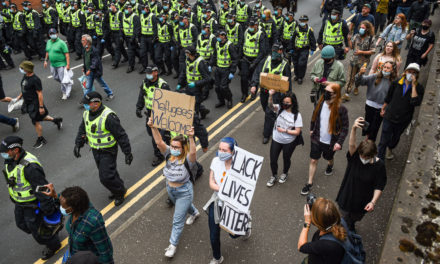
Last week we looked at the impact of first impressions on applicant selection. We mentioned that visible demographic factors such as race, gender, and disabilities influence hiring outcomes. Let’s look at the impact of race on unemployment rates. According to the Census Bureau Current Population Survey, black recent college graduates are twice as likely to be unemployed as whites.

We know that the unemployment rate in general for blacks has been double that for whites for decades but perhaps we would surmise that a college degree would level the playing field. What are the possible reasons for this discrepancy?
- Maybe blacks tend not to pursue degrees in disciplines that are in high demand.
- Maybe it is that, on average, their academic records do not measure up.
- Or it could be that they do not interview as well, not demonstrating the qualities that the company is looking for.
- And we cannot dismiss that unconscious bias could be at play.
For this post, I will just explore the possibility that blacks “do not interview as well.”
I was with a client last week when one of the African American male recruiters lamented that in his experience this is the case. He mentioned the lack of “good” communication skills, lack of self confidence and the inability of black candidates to effectively “sell” themselves in the interview situation. He explained that often black candidates will look good on paper but tend to blow the interview. Another African American recruiter in the meeting suggested that the interview is just one, albeit important, factor in the decision mix.
What is the inclusion solution?
- Examine our definition of “good” communication skills. Is there only one narrow definition of what “good” communication looks like? Is an “accent” ok? Must one use “standard” English? (Words in quotations are intentional. Who decides who has an accent? Who determines what is standard?)
- Understand the power of unconscious bias. What contribution might the interviewer(s) be making to the “lack of confidence” interpretation? Are there interviewer biases that the candidate is picking up on? A March article in the International Business Times on this topic shared the experiences of a 6-foot-5-inch, 220-pound black man who has been unemployed for 10 years—he reports he is often told his presence is at worst intimidating and at best unforgettable. During an interview for a job he was certain he would get, he recalled feeling his younger, white, female interviewer was put off by his size and confidence.
- Consider providing black candidates with extra coaching before the interview. Some might think this is giving preferential treatment. However, there are subtle ways in which white candidates may get preferential treatment. They are more likely to benefit from nepotism, and according to studies, the benefit of the doubt if they blow the interview. After all, “he’s Harry’s son and Harry is a good guy. The kid was probably just having a bad day.”


















